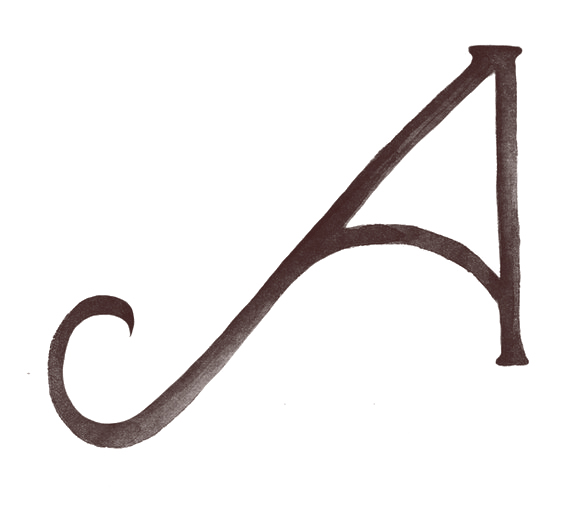Writing in flow
I was explaining to some writerly friends that my new blog is all about writing flow.
That’s why it’s called Words Pouring, I added, quickly moving onto the next sentence.
Their reactions caused me to pause. One person cocked an eyebrow for an explanation. Another said she’d only just realised that flow was a ‘thing’, a concept.
The fluid link between ‘flow’ and ‘words pouring’ is pretty strong for me, so I didn’t realise it would need explaining. (It pays to step outside of my own head sometimes.)
I first came across the concept of flow in the early 1990s when I studied Outdoor Education. In among lectures on kayaking, navigation and first aid, were units like psychology, where we learnt about motivation, risk and, well, flow.
Flow is described by Susan K. Perry in her book Writing in Flow (1999) as when, ‘our mind or body is voluntarily stretched to its limit, in the effort to accomplish something difficult and worthwhile’. The man who brought flow to the world’s attention, Mihaly Csikszentmihalyi, became fascinated by people who seemed to ‘get lost’ in their art, play or work. He claimed there existed a sweet spot between comfort and arousal — a state of being where our skills meet the challenge.
It can apply to any aspect of your life — from brainstorming ideas in a meeting to jogging to cooking a new dish.
Flow. I got a lot of it in my twenties. Through skiing, kayaking or climbing at a level that challenged my skills, I understood how flow felt. Lately I've come to realise how naturally I have applied this to my writing. According to Perry, it’s little wonder I often experience writing in flow. Over two decades, I’ve set up conditions conducive to flow* and have felt the feedback.
The water metaphor works for me. I love water. It’s strange and beautiful, delightful and useful. When writing in a flow state, the words pour through my fingers onto the page and I’m immersed in something bigger than me. I am tapping into all of my available skills. It’s an easeful state. And from this state, the writing is often good, sometimes great, rarely completely bad.
But Susan K. Perry says that water’s not the only metaphor writers relate to. Indeed, such a complex process can’t be described in straightforward language, so metaphors often prevail. Non-watery examples she offers include, peeling layers, turning on a switch, and being in the zone or on automatic pilot. I’ve heard of words spilling or flowing like lava. Often, the opposite state is described as periods of dryness or drought.
If words are important to you then the metaphor will matter. Take the time to choose your own. Apparently some people don’t relate to the concept of flow at all, though most experience a shift where creativity flourishes. Even for a short while.
Words Pouring is dedicated to finding and maintaining this state. So stay tuned …
Do you experience a flow-like state? Perhaps you wouldn’t describe it as flow. How would you describe it?
May your words pour onto the page,
*Next blog: Creating the conditions to achieve a state of flow.


